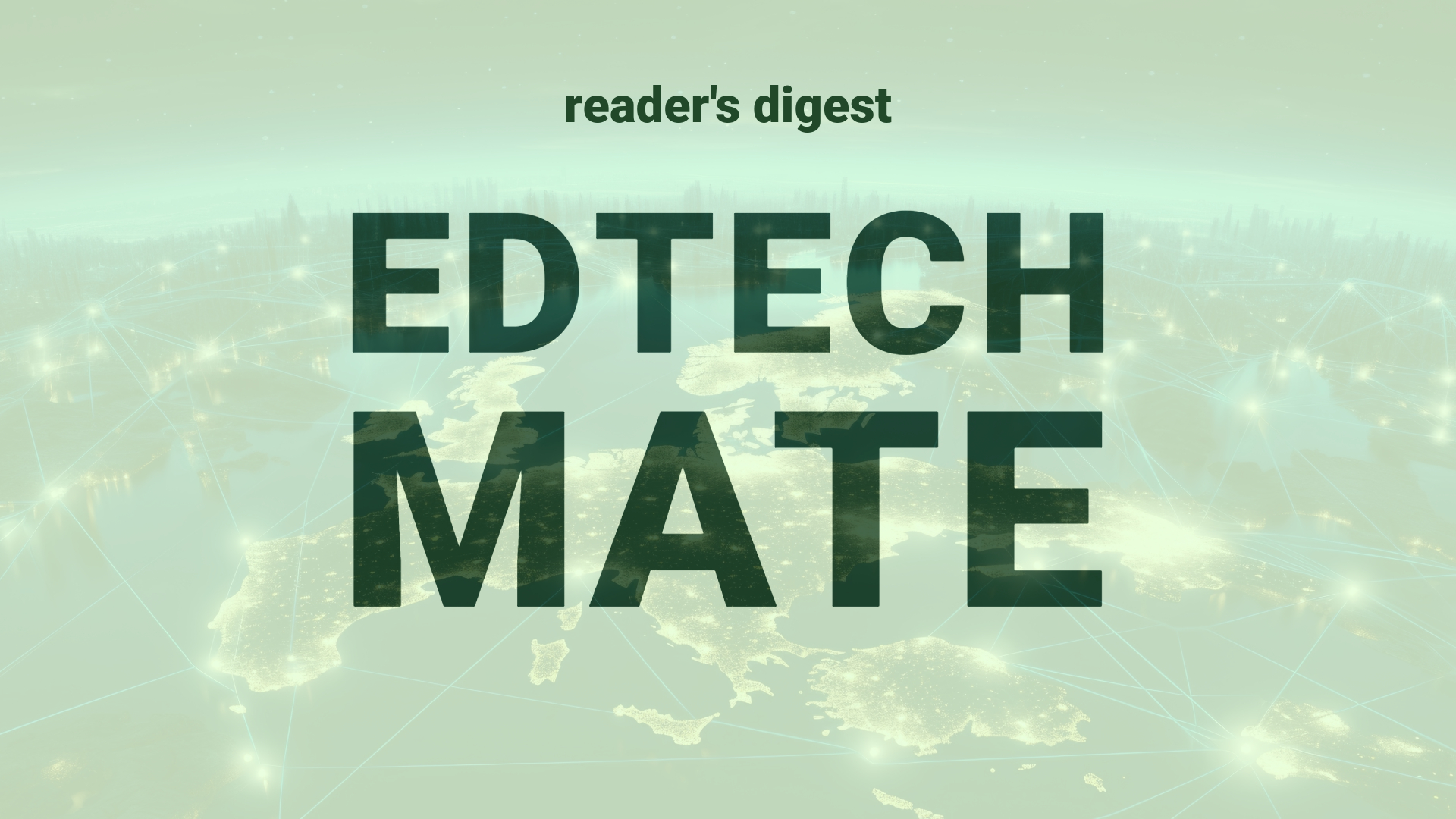Executive Summary and Main Points
The Justice Department’s recent lawsuit against Apple highlights a significant shift in the landscape of competition and innovation. This regulatory action challenges Apple’s market practices, specifically concerning attempting to maintain dominance in the smartphone sector by employing strategies that potentially stifle innovation and limit consumer choice. Antitrust, Assistant Attorney General Jonathan Kanter, underscores the importance of companies competing on their merits, which is viewed as beneficial for businesses, consumers, and the broader economy. This lawsuit signals a heightened government focus on ensuring competitive practices within tech industries which could have wider implications for digital transformation in international education.
Potential Impact in the Education Sector
This development could have several implications for global higher education. For Further Education and Higher Education institutions, the emphasis on open competition could foster more innovative educational technologies and partnerships, thereby potentially increasing access to diverse learning tools. This scenario might spur strategic partnerships between tech companies and higher education institutions, keen to navigate away from monopolistic dependencies. In terms of Micro-credentials, a market with robust competition can encourage the development of more interoperable credentialing systems that make use of broader technology ecosystems, therefore allowing for more portability and recognition of qualifications across different platforms and institutions.
Potential Applicability in the Education Sector
The principles of open competition and innovation borne from the Justice Department’s case against Apple could inspire the integration of AI and digital tools to foster a more varied and competitive educational technology market. Adopting AI-driven analytics and personalized learning tools can significantly benefit the global education systems by catering to the needs of a diverse student population. Additionally, platforms that prioritize interoperability could greatly enhance international student mobility by simplifying the recognition of qualifications across borders, facilitating global educational exchanges.
Criticism and Potential Shortfalls
From a critical perspective, this lawsuit could highlight the potential risks of overreliance on single technology ecosystems within education. Case studies from various countries could illustrate the dangers of a monopolized market, where educational institutions might struggle to innovate or shift to alternative solutions. Ethical and cultural considerations also emerge, particularly regarding data privacy and the digital divide, which could perpetuate inequalities if global higher education systems become overly dependent on a few large tech players.
Actionable Recommendations
To mitigate the impact of such lawsuits and ensure the benefits of digital transformation are realized, higher education leaders should diversify their technology partnerships and explore various digital ecosystems to reduce reliance on a single provider. Encouraging a culture of innovation and supporting startups in the educational technology space could also be a strategic move. Additionally, institutions should advocate for and adopt open standards for digital tools and resources, ensuring that the digital transformation of global higher education enhances accessibility, equity, and interoperability of systems for a truly international education experience.
Source article: https://www.cnbc.com/2024/03/22/apple-antitrust-suit-dojs-kanter-has-a-message-to-shareholders.html

